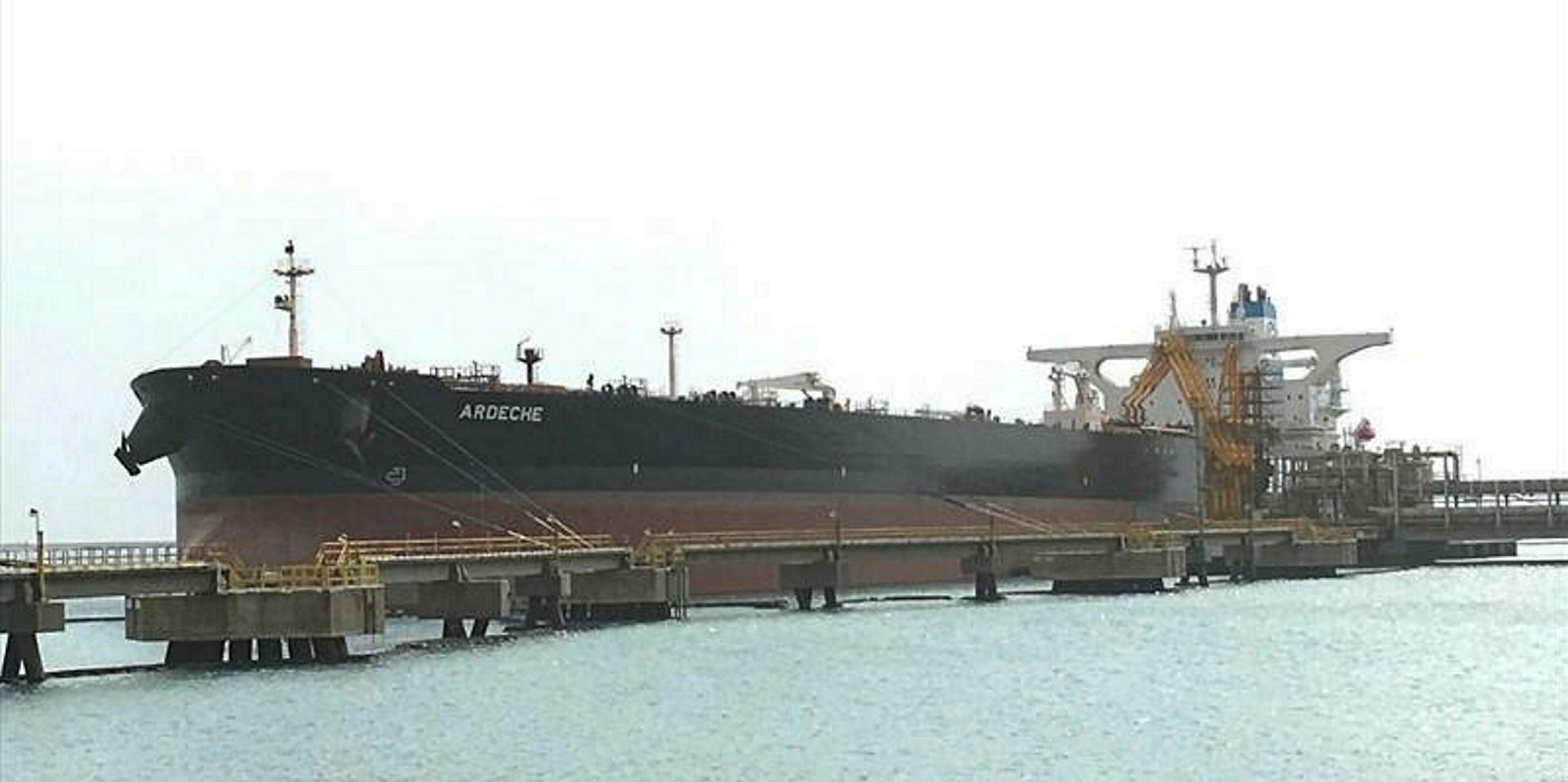Rumours of an investment bank trying to build a sales book for a presumed follow-on shares offering by a public owner may have spooked the market Tuesday as tanker shares fell across the board.
That was the assessment by Scorpio Tankers president Robert Bugbee during a panel appearance at Capital Link’s annual New York Maritime Forum as he cited what he called a “wall cross” by the unnamed owner.
“People are confused today — tanker stocks are selling off today,” Bugbee told Jefferies equity analyst Randy Giveans.
“There is talk that one company started trying to do a wall cross during the day.”
In an interview after the panel appearance, Bugbee said he described a situation in which representatives of an investment bank planning to do a deal — presumably an offering of secondary shares — would have reached out to an investor or investors to feel out interest ahead of a formal marketing effort
The concern in such a case would be that it could presage a series of dilutive offerings by public tanker owners in what is suddenly a roaring rates market and potentially dilute shareholdings and equity prices.
Whatever the reason, US-listed tanker stocks took a U-turn from their recent run-up on the day.
VLCC owners Frontline and Euronav were down 8.1% and 5.3%, respectively. Crude and products tanker owner International Seaways dipped more than 4%. Tsakos Energy Navigation fell 3.5% while Scorpio Tankers dropped nearly 2%.
There could be other factors at play. TradeWinds reported earlier today that the market for VLCCs, which had seen fixtures of more than $300,000 per day in the last week, was showing signs of coming off the boil.
Still, Bugbee challenged Giveans as a bank representative to avoid killing off a boom tanker market in the next months by raising capital for new entrants to the market.
“At the moment, everything is constrained,” Bugbee said of newbuilding orders.
“You guys will have a vote in this. You’re going to see secondary offerings where the use of proceeds is newbuildings. If you fund it, good luck. Even worse, an IPO where the entire funding is for newbuildings. You can constrain it simply by not funding companies for newbuildings.”






